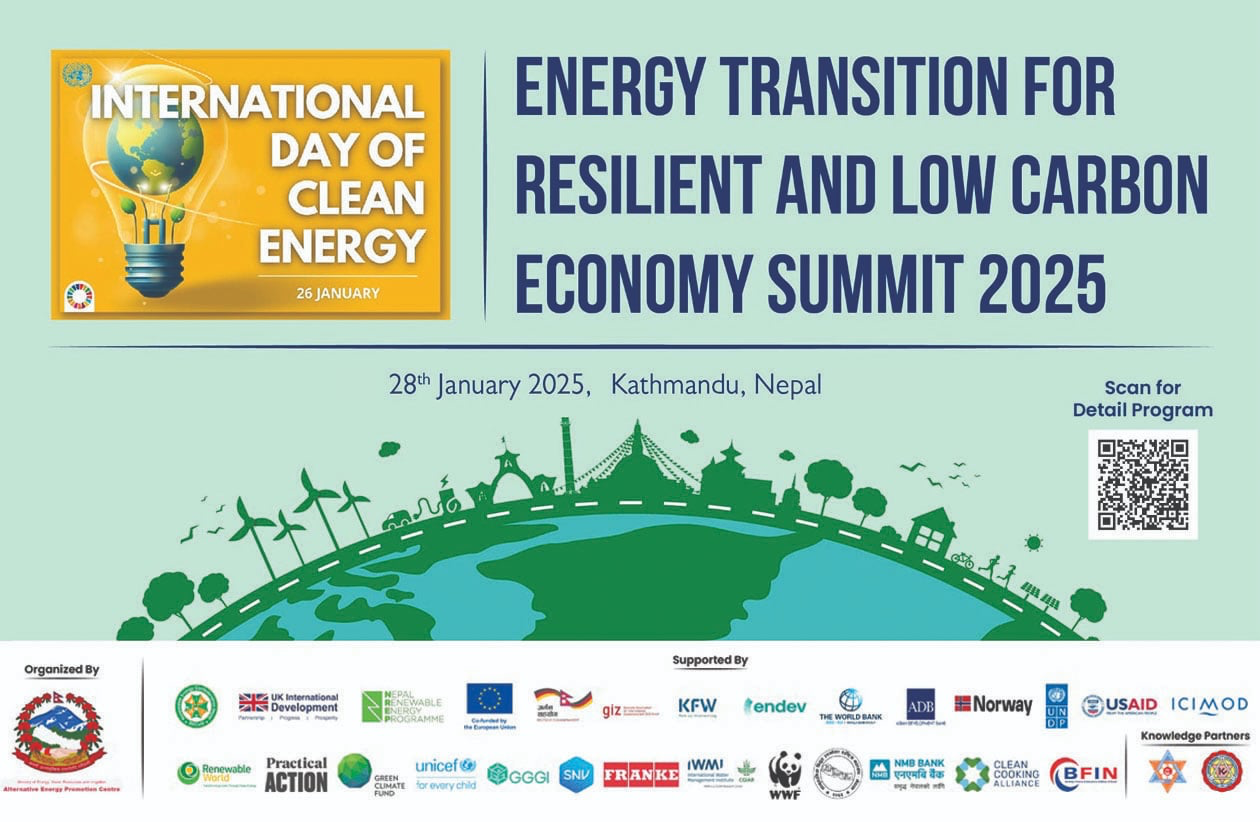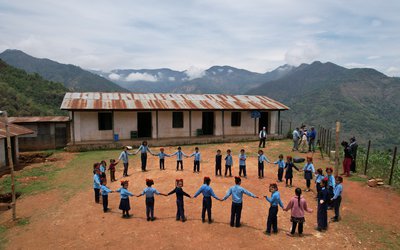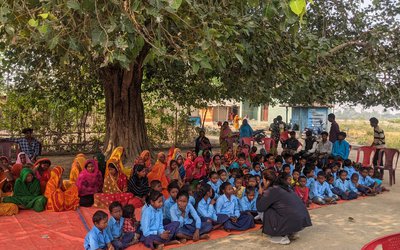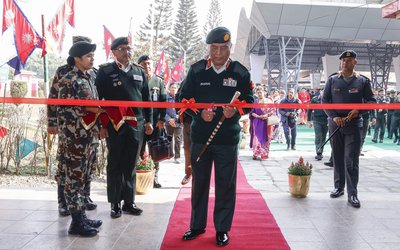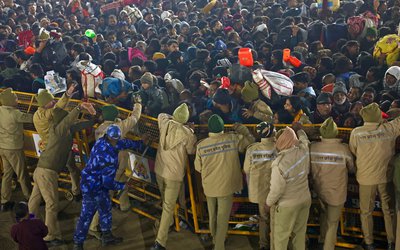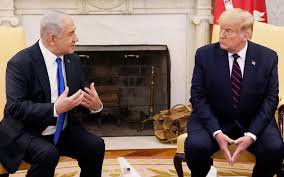
The Coronavirus (COVID-19) crisis has now become a real battle as Governments, CSOs/NGOs, and private Institutions have put to use massive resources to address it. What happened while it appeared to be a minor health problem in Wuhan, China just a few months ago has now turned into a global pandemic affecting every aspect of our lives?
It has been evident that the global healthcare services system has been challenged and livelihoods have been destroyed. According to the World Bank, global poverty is expected to increase to 8.6% – for the first time in the last 20 years. While even the most advanced economies, which are currently most affected by the COVID-19, are going to contract, the poorest countries, especially in African and South Asian countries where the virus has still not much widespread, however, the trend is to be increased, is going to be economically most affected. Deterioration in health and economy leads to other social problems like inequality, discrimination, conflict, crime, precariously affected access to children in the education system, violation of human rights and many more psychological problems and societal disorders.
Seemingly, Nepal is also facing hardships in Covid19. While easing lockdown, there has been an increasing trend of coronavirus cases in recent days. Nepalese CSOs are now required to play an even greater role in addressing the various effects arising out of the COVID-19 crisis. Donors are actively searching for partnerships with CSOs to work together. In this article, I am discussing the ideas for partnerships for NGOs with donors and what types of projects can be proposed to receive funding to contribute government to avert multipliers impacts in socio-economic fronts including psycho-social trauma caused by Covid19 crisis.
Health and psychosocial preparedness
As health is the primary area that has been severely affected by the Coronavirus, the emergencies for health preparedness are vital and the first priority of donor funding has been to provide emergency relief to health workers fighting to save lives. For instance, the Bill and Melinda Gates Foundation, along with Wellcome and Mastercard announced one of the early grants for identifying, assessing, developing, and scaling-up treatments against the epidemic. As Nepal struggles to control Covid-19, the health workforce is under increasing strain-and woman-centered, midwife-led care is more at risk than ever. The current crisis is stretching healthcare facilities to the limit, as shortages of both staff and resources place intense pressure on services. Harrowing accounts from midwives on the front line highlight human-rights concerns, the over-medicalization of birth, and growing distress among them and pregnant women alike. In the battle to contain Covid-19, care for mothers-to-be has become a low priority. Midwives are vital to the health and protection of women in childbirth. In 2017, an estimated 295,000 women worldwide died from causes related to pregnancy or childbirth—the vast majority of them in low-income and lower-middle-income countries. Most of these deaths were preventable. Throughout this health emergency, we must ensure that midwife-led care is maintained as far as possible. There have been much distressing news of suicidal cases i.e. more than 1,100 cases during the lockdown period in Nepal. CSOs have a high scope of areas of psychosocial and other health-related awareness-raising sectors to fight for Covid19 impacts. Countering Fake News
As the impact of COVID-19 spreads across countries and societies, CSOs would be required to assess and propose to address the social and economic challenges of the epidemic. For example, the outbreak of the virus has caused an uncontrolled emergence of fake news regarding its spread and treatment. Across the internet websites and various social media channels, various myths are being propagated such as “using pepper in a soup is going to cure COVID-19, houseflies spreading the infection, 5G mobile networks are responsible for the spread of the diseases“. Similar is the case of Nepal, here are also many more fake news and myths to protect from Covid19. Some of the most common myths have been listed by the WHO and the MedicalNewsToday.It is very critical at this point for CSOs to spread community awareness not only on how to successfully prevent this health problem but also in removing these myths. Only through public education and continuous communication, CSOs can ensure that the people are well-informed and do not end up in adopting practices that are harmful to them. CSO/NGOs can develop advocacy for community education to bust fake news and myths about cure and prevention. Community education also helps people to adopt hygienic practices and avoid the spread of the disease. The WHO's social media monitoring call for proposals in the Philippines is a good example of why it is important to control fake news. NGOs can propose similar projects to donors that will help improve public awareness and bust the common myths.
Protecting Rights
The European Commission and other funding agencies have announced a series of calls for proposals and nearby areas for projects that tackle discrimination during the COVID-19 times. The spread of the virus has affected certain vulnerable groups such as the LGBTQI community, minorities and the poor as they have been subjected to negligence, hate speech and boycott. Similarly, women, girls and children can be at the receiving end of the pandemic as there can be a rise in sexual corruption, sextortion, child abuse, domestic violence, gender discrimination and violation of basic rights due to public restrictions imposed by governments. According to a World Bank report released on 7 April 2020, “Violence against women tends to increase during every type of emergency, including epidemics. Older women and women with disabilities are likely to have additional risks and needs. Women who are displaced, refugees, and living in conflict-affected areas are particularly vulnerable.”Speaking of refugees, the COVID-19 can have devastating effects in humanitarian settings – areas that are still under a crisis caused by a natural disaster, war or conflict. Elrha has a call that aims to fund public health research that will produce robust findings that will contribute to the effectiveness of the current humanitarian response and increase the evidence base for future responses to similar infectious disease outbreaks.
LivelihoodsRestoration
Governments and banks in many countries are coming forward to provide loans and grants to small businesses to help them revive the economy and improve employment levels. However, millions of subsistence farmers and rural enterprises have also lost crucial livelihoods and require immediate relief support. In Nepal, returnees of migrant workers have the deepest hope to engage in farm and off-farm income generation in their own country. So, Nepalese CSOs can bridge their hopes into the actions with closed collaboration with Ministry of Agriculture and local governments on building their livelihoods, maintaining supply chains, arrange access to capital and loans and improve their living conditions.
Innovation/Creative Ideas: build back to new normal
As CSOs are creative and amplify innovation in their actions, it is the key to find easy, cost-effective and lasting solutions to problems. Dozens of donor agencies have opened up competitions and challenges to sponsor innovative and creative project ideas that will address the COVID-19 crisis and its overall socio-economic and cultural effects.
Last but not least, it can be concluded that CSOs will have a greater role to play in re-building the socio-economic and cultural structures to combat the Covid19 crisis and build back to new-normal. International donors providing support in different areas such as health, agriculture development, child rights, women’s empowerment, human rights, and ICT areas will be willing to fund innovative projects to reduce the impact of COVID-19 on these areas even in Nepal also. It is hight time to work together with Governments through building back to stronger in fighting for Covid19.
(Mr. Parajuli is an HRD, and working in Nepal as Researcher and Development Practitioner) bhanu.parajuli@gmail.com

